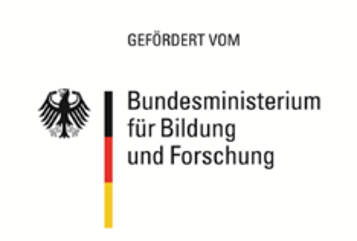Literatur zur Krisenkommunikation
Epistemic vice predicts acceptance of Covid-19 misinformation
Beschreibung
Why are mistaken beliefs about COVID-19 so prevalent? Political identity, education and other demographic variables explain only part of the differences between people in their susceptibility to COVID-19 misinformation. This paper focuses on another explanation: epistemic vice. Epistemic vices are character traits that interfere with acquiring, maintaining, and transmitting knowledge. If the basic assumption of vice epistemology is right, then people with epistemic vices such as indifference to the truth or rigidity in their belief structures will tend to be more susceptible to believing COVID-19 misinformation. We carried out an observational study (US adult sample, n = 998) in which we measured the level of epistemic vice of participants using a novel Epistemic Vice Scale that captures features of the current competing analyses of epistemic vice in the literature. We also asked participants questions eliciting the extent to which they subscribe to myths and misinformation about COVID-19. We find overwhelming evidence to the effect that epistemic vice is associated with susceptibility to COVID-19 misinformation. In fact, the association turns out to be stronger than with political identity, educational attainment, scores on the Cognitive Reflection Test, personality, dogmatism, and need for closure. We conclude that this offers evidence in favor of the empirical presuppositions of vice epistemology.
Erschienen
2021
Themen
Krisenkommunikation
Autor*innen
Meyer, Marco
Alfano, Mark
Bruin, Boudewijn de
Alfano, Mark
Bruin, Boudewijn de
Verlag
Cambridge University Press
Zeitschrift
Episteme
